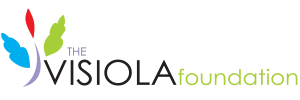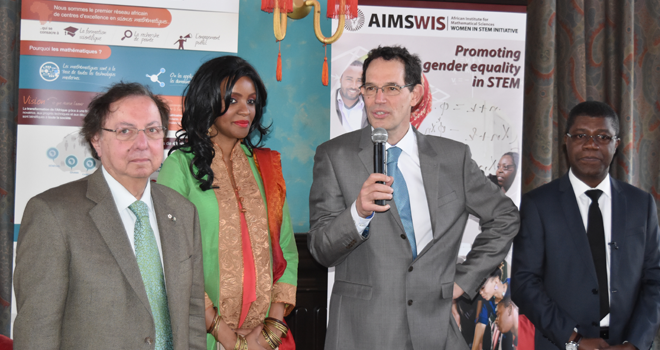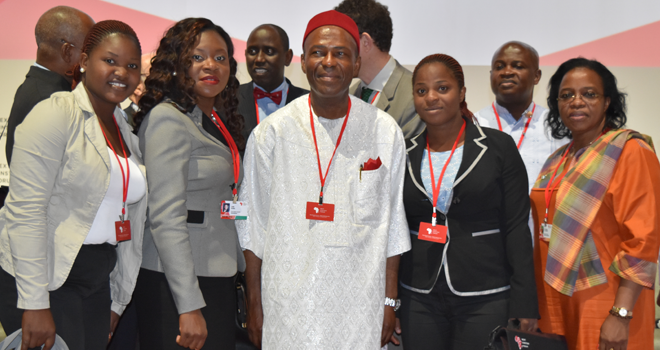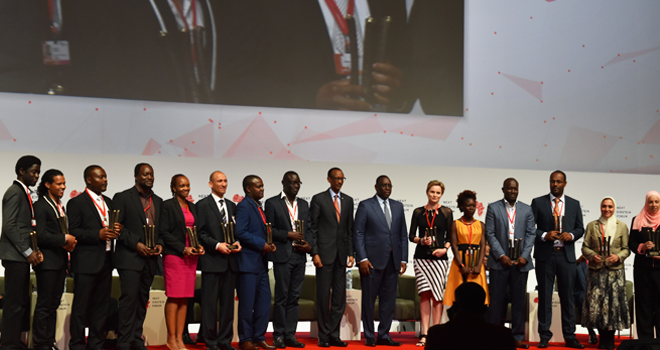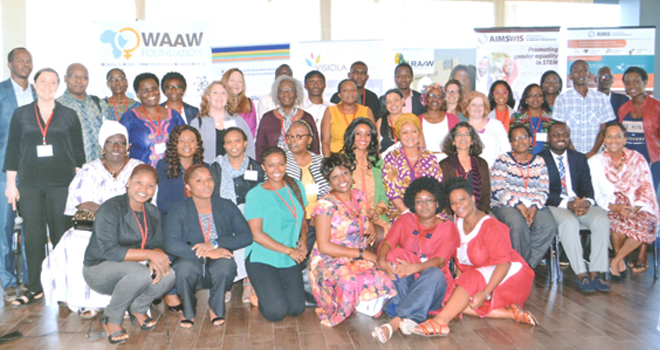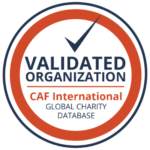the visiola foundation e-newsletter
Issue Q1, 2016
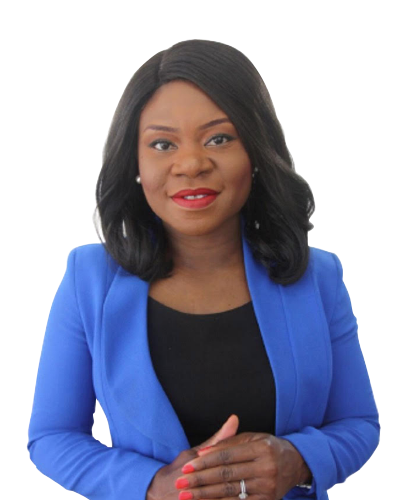
Ladé Araba
Founder and President of the Visiola Foundation
Founders' Corner
The Fourth Industrial Revolution has arrived! This was the buzz that permeated the 2016 World Economic Forum (WEF) in Davos, Switzerland in January. World leaders, captains of industry, intellectuals, and philanthropists converged on the snow-capped Swiss Alps to discuss “the most pressing issues facing the world.” This technology-led transformation will witness an as yet unprecedented level of global connectedness, efficiency gains in production, higher incomes, and improved standards of living for the world’s booming population. Africa must not be left behind!
The demand for highly skilled workers is a recurring theme in the job market. Klaus Schwab, the Founder and Executive Chairman of the World Economic Forum, believes that “in the future, talent, more than capital, will represent the critical factor of production.” He expects that future recruiters will focus on high-skill/high-pay professionals, who will leverage technology to devise innovative solutions to many of the world’s biggest problems. Artificial Intelligence, robotics, the Internet of Things, autonomous vehicles, 3-D printing, nanotechnology, biotechnology, materials science, energy storage, and quantum computing will thus create new wealth and improve the standard of living of many. However, those who remain stuck in the low-skill/low-pay category will fail to capture a significant percentage of the new value created.
The Visiola Foundation strongly believes that African countries must align themselves with this reality to ensure that they retain some of this value. We are equally keen to reduce the astounding levels of inequality and improve the quality of life of Africans by investing strategically in the types of technical skills that will enable us to definitively address the continent’s infrastructure, energy, health, and other deficits. The STEM fields are the foundation upon which we can tackle poverty and under-development. This understanding informs our commitment to invest in high potential youth, who would otherwise not have access to life-changing prospects. We especially realize the need to empower girls and women, who unfortunately continue to face formidable social and cultural barriers that exclude them from educational, health, social, and economic opportunities. Bridging the gender gap in the science, technology, engineering, and math (STEM) fields will enable African countries to benefit from the intellectual curiosity, creativity, and brilliance of the talented youth, to drive real industrialization. We should all rally together to ensure that Africa is prominent in the fourth industrial revolution!
We have had an exciting first quarter and are delighted by the strong performance of our scholars. Rachael (2014 Scholar and biochemistry student at Lead City University) was nominated by her peers to serve as the Representative of all 2nd year biochemistry students at the university! Zainab (2015 Scholar and Microbiology student at Bayero University) was the star volunteer, leading others in administering medical tests to over 800 children, during the medical outreach organized by Tabitha Medical Center to Piwoyi Village! We were equally delighted to participate in the Grand Challenges Africa Community Meeting in Nairobi, Kenya, at the invitation of the Bill and Melinda Gates Foundation. Omolara (2014 Scholar and Biochemistry student at LCU) and Rachael were also invited to participate in the Next Einstein Forum (NEF) in Dakar, Senegal. NEF is an initiative of the African Institute of Mathematical Sciences (AIMS). Finally, we are thrilled to announce the generous donation from Patricia S. Bellinger and Richard Balzer to the Visiola Foundation to provide STEM scholarships for African girls.
Take a walk with us as we review our activities during the past few months.
Happy reading!
Ladé
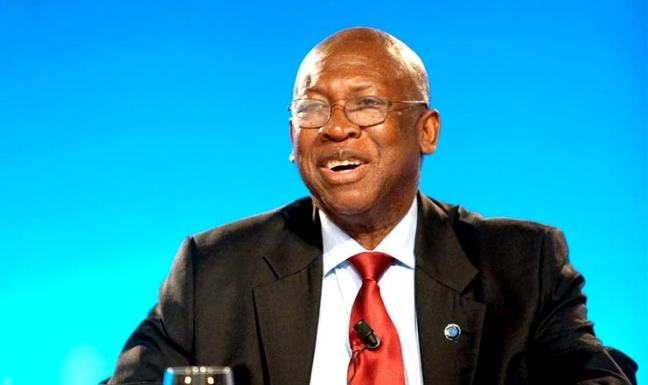
Abdoulie Janneh
Patron of the Visiola Foundation
Message from the Patron
The Visiola Foundation has developed an effective model to empower the students in which it invests. Its 360° Developmental Learning Model enables participants to gain an in-depth understanding of core STEM concepts through practical, hands-on activities. The students also develop soft skills, including presentation and negotiation skills. Moreover, providing students with challenges that they solve individually and in teams builds their confidence and self-esteem, while teaching them how to work with others. Finally, pairing our students with mentors and enabling them to meet successful STEM professionals exposes them to role models who inspire them.
The Visiola Foundation’s 360° Developmental Learning Model is shown in the image below.
OUR approach
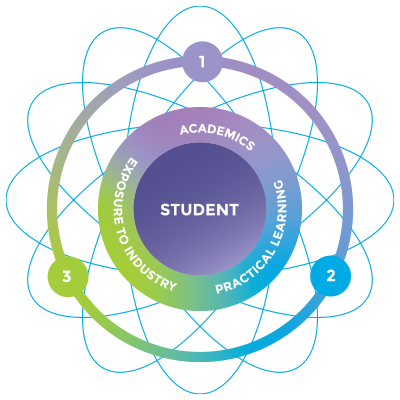
360° Developmental Learning Model
Foundational instruction from the parent institution
Hands-on individual and group exercises, presentations and projects
- Interactive Sessions with Industry Role Models and Seasoned Professionals
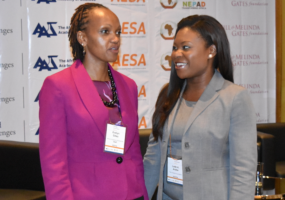
Evelyn Gitau (Program Director, African Academy of Sciences) and Lade Araba (Co-Founder and President, the Visiola Foundation)
The Visiola Foundation at the Grand Challenges Africa Community Meeting
The Visiola Foundation was pleased to participate in the Grand Challenges Africa Community (GCA) Meeting in Nairobi, Kenya on February 22 – 26, 2016 at the invitation of the Bill and Melinda Gates Foundation (BMGF). The GCA is sponsored by the BMGF, USAID, DFID, Grand Challenges Canada, and the African Union’s NEPAD, and is administered by the African Academy of Sciences (AAS). The event brought together 475 scientists and policy makers from 43 countries to develop the structure and priorities for the GCA. The Foundation was delighted to contribute to discussions about placing girls and women at the center of African development, while investing in technical capacity building. In their opening remarks, Dr. Berhanu Abegas (Executive Director, AAS) and Tom Kariuki (Director, AAS) discussed the importance of African countries developing an innovation environment, while integrating innovation with the Sustainable Development Goals (SDGs). Peter Singer, CEO of Granda Challenges Canada reminded participants that, “innovation is the path, while impact is the destination.” He urged African youth to be encouraged to find a problem to solve. There were a number of stimulating plenary and breakout sessions and the overall brainstorming for GCA was productive. Below are some notable quotes from a number of participants.
“Africa must be a producer, not just a consumer of knowledge” ~ President Ameenah Gurib-Fakim (President of Mauritius)
“Students need to experience risk-taking and experimentation to stimulate their innovation potential. Not investing in research is an invitation to poverty for the next 100 years.” ~ Raj Bhan (Former Secretary, Department of Biotechnology, India)
“If a Mark Zuckerberg was born in an African country, would the world have a Facebook today?” ~ Allan Pamba (VP Pharmaceuticals East Africa, GlaxoSmithKline)
“Yes, the world really can eliminate gender inequality” ~ Sarah Hendricks (Director, Gender, Bill and Melinda Gates Foundation)
“Survival is not enough. We need all children to thrive” ~ Nyaradzayi Gumbonzvanda (General Secretary, World YWCA)
“Establish hubs of innovation to expose scientists to the plethora of opportunities beyond academic research” ~ Eleanor Fish (AAS Fellow)
“We should celebrate failure. Focus on failing fast and cheap, and learn from it.” Peter Singer (CEO, Grand Challenges Canada)
“I am who I am because of mentoring and exposure. African scientists need people to have faith in them” ~Jerome Singh
“A country that has a problem should be the leader in the solving that problem.” ~Grand Challenges Africa
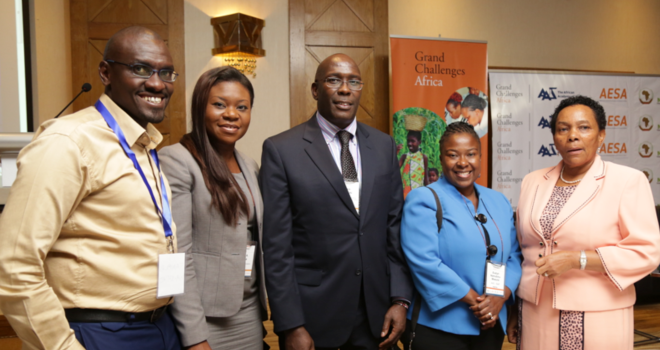
Tom Kariuki (Director, African Academy of Sciences) , Lade Araba (Co-Founder and President, the Visiola Foundation)
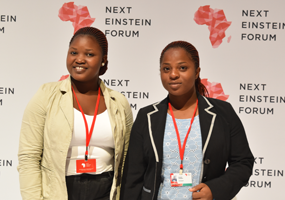
Two of the Foundation’s scholars, Omolara Kassim and Rachael Asaolu, were invited to participate in the Forum.
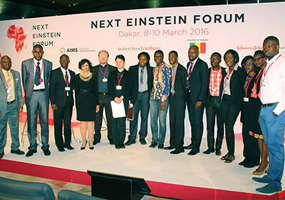
The Forum further provided a platform for 11 African innovators to pitch their projects during the Challenge of innovation to invention (Ci2i) session.
The Visiola Foundation at the Next Einstein Forum’s 2016 Global Gathering
The Next Einstein Forum (NEF) is an initiative of the African Institute of Mathematical Sciences (AIMS), which was founded by the leading South African physicist, Dr. Neil Turok. NEF is a convener of thought leaders in science, policy, industry and civil society from across Africa and the international scientific community to leverage science and technology to solve global challenges. NEF was launched by AIMS and the German Foundation, the Robert Bosch Stiftung in 2013, as a global forum for science in Africa.
The 2016 Global Gathering took place in Dakar, Senegal on March 8 – 10, 2016 and brought together more than 800 stakeholders from across the science, technology, engineering, and mathematics (STEM) fields. It further showcased the talent of African scientists and innovators, highlighting the laudable achievements of 15 of the continent’s top young scientists and NEF Fellows.
H.E. President Macky Sall (Senegal) and H.E. President Paul Kagame (Rwanda) presented merit awards to the NEF Fellows, who are leading innovative research to address some of Africa’s critical health and development challenges. They further pledged their support to invest in science, technology, and innovation in their respective countries, with deliberate efforts geared towards increasing the number of female STEM professionals. In his opening remarks, the Hon. Minister of Higher Education and Research of Senegal, Mary Teuw Niane expressed his belief that Africa can become a global scientific hub and that African governments should provide the necessary funding and infrastructure to make this a reality. The Hon. Ministers of Science and Technology Dr. Naledi Pandor (South Africa) and Dr. Ogbonnaya Onu (Nigeria) further discussed the plans of their respective governments to boost science and technology education and technical training. Thierry Zomahoun, Chairperson of NEF, and President and CEO of AIMS noted that the Forum was created to drive continent-wide collaboration and to build a strong STEM ecosystem in Africa, while showcasing the impressive pool of rising and established STEM talent. Participating scientists from across the globe presented their breakthrough research and innovations, while private sector participants, including Johnson & Johnson, Philipps, Wellcome Trust, and IBM shared their plans to continue to support research and innovation across Africa.
The Forum further provided a platform for 11 African innovators to pitch their projects during the Challenge of innovation to invention (Ci2i) session. Seema Kumar, Vice President, Innovation, Global Health, and Policy Communication at Johnson & Johnson moderated the competition. Ms. Kumar noted that, “African scientists demonstrated to a distinguished global audience an undeniable reality: that Africa is rising, coming of age, and is here to show the world a new face – not of poverty, disillusion, and famine – but of self-sufficiency, hope, and sustainability.” Moses Bangura, Founder of Rokel Delivery Services (RDS), emerged the winner of the innovation challenge with his drones, which deliver urgent life-saving health care to communities in need.
The Visiola Foundation was pleased to participate in the stimulating discussions, while sharing its own experience in creating opportunities for marginalized girls and young women to pursue STEM careers. Two of the Foundation’s scholars, Omolara Kassim and Rachael Asaolu, were invited to participate in the Forum where they were inspired to continue working hard towards becoming leading scientists in their own right.
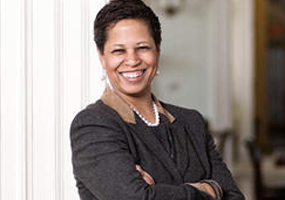
Patricia Bellinger is the Executive Director and Adjunct Lecturer at the Center for Public Leadership at the Harvard University Kennedy School of Government (HKS).
Patricia S. Bellinger Fellowships for African Girls
he Visiola Foundation is pleased to introduce the Patricia S. Bellinger Fellowships for African Girls.
The fellowships are funded through a generous donation from Patricia “Patti” Bellinger and Richard Balzer and will provide full four-year scholarships, leadership training, and mentoring for two high potential girls from disadvantaged backgrounds to pursue bachelor degrees in any science, technology, engineering, or math (STEM) field.
ABOUT “PATTI”
Patricia Bellinger is the Executive Director and Adjunct Lecturer at the Center for Public Leadership at the Harvard University Kennedy School of Government (HKS). Prior to her role at HKS, Patricia served as Executive Director of Executive Education at Harvard Business School. Patricia has enjoyed a rich and varied career spanning multiple countries and disciplines, including the pharmaceutical industry, theatre, the energy sector, global corporations and start-up enterprises. Patricia served as the Group Vice President of Global Diversity and Inclusion at BP Plc in London. Patricia is a non-executive director of Sodexo SA based in Paris and of Pattern Energy Inc., a wind energy company based in San Francisco.
ELIGIBILITY
Applicants are expected to meet all of the following requirements:
- Nationals of an African country.
- Received both primary and secondary education in an African country.
- Graduated in the top 10% of their secondary school’s graduating class.
- Have clearly demonstrated financial needs.
- Demonstrate passion for and commitment to community service as evidenced by prior and on-going involvement in local activities.
- Are not related to or otherwise connected with any staff member or friend/acquaintances of staff members or otherwise affiliated members of the University or the Foundation.
HOW TO APPLY
The application process will be launched during the second quarter of the year. Connect with us on Social Media to get updates. For additional information, send us an e-mail message: info@visiolafoundation.org
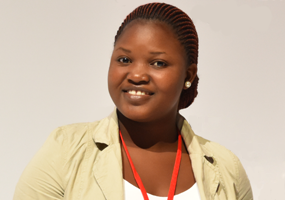
Rachael nominated to represent 2nd year biochemistry students at LCU!
2014 Scholar, Rachael, was nominated by her peers to serve as the leader and representative of the 2nd year biochemistry students at Lead City University. Rachael was recognized as a responsible and hard working student, whose performance has been consistently high. Her duties as the Leader/Representative include: (i) speaking to the university’s administration about issues of concern to her peers; (ii) ensuring that classes are conducted in accordance with the established curriculum and timelines; (iii) curating the science information repository; and (iv) supervising the use of science labs. We are extremely proud of Rachael and wish her continued success in her academic, personal, and professional pursuits!
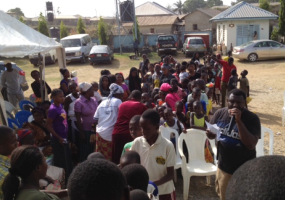
Zainab, the STAR volunteer!
The Visiola Foundation participated in a medical outreach to Bema Orphanage in Piwoyi Village in the Federal Capital Territory, which was organized by the Tabitha Medical Center.
Tabitha Medical Center doctors, nurses, and support staff provided free health tests/check-ups, drugs, and counseling to over 800 children during the outreach. The event, which took place on December 15, 2015 also served as a Christmas Party for the children at Bema Orphanage and Piwoyi Village. They enjoyed great food, drinks, snacks, dessert, games, and all the children received donated gifts, shoes, and clothes. The Visiola Foundation was pleased to support this important effort. Zainab (2015 Scholar and student at Bayero University) displayed her leadership skills as she showed the other volunteers the correct administration of malaria tests. It was a wonderful experience for everyone and the children were deeply touched! To learn more about the Tabitha Medical Center – http://www.tabitha.com
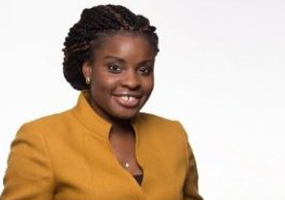
Lola Soyebo Harris
Chemical Engineer
New Product Development Manager at Wholesome Sweeteners (USA)
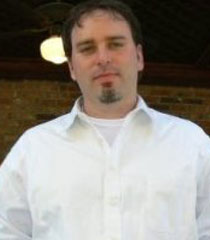
Jeremy Goettel
Instructor in Pediatrics, Boston Children’s Hospital
Harvard Medical School
Meet our Mentors
We are pleased to introduce new members into our Mentor Network.
Meet a Mentor – Lola Soyebo Harris
We are pleased to have Lola Soyebo Harris as our North America Fundraising Executive and a Mentor in our network. Lola graduated from the University of Oklahoma with a Bachelor of Science degree in Chemical Engineering. She began her career as a packaging engineer at General Mills in Minneapolis and has led multiple cross-functional projects in cost-saving initiatives and new product launches. She currently works as a project manager in the New Product Development group for Wholesome Sweeteners located in Sugar Land, TX. She is also currently a 2nd year MBA student at the University of Houston where she leads the National Association of Women MBAs chapter. Lola is passionate about empowering women to become the best they can be. Lola enjoys gardening, baking, DIY projects and spending time with her husband and two young sons.
Meet a Mentor – Jeremy Goettel
We are delighted to welcome Jeremy Goettel into our network of mentors. Dr. Goettel is a lecturer in pediatrics at the Harvard Medical School and the Boston Children’s Hospital (USA). He completed his doctorate degree (Ph. D.) in Cell and Developmental Biology at Vanderbilt University and his Bachelor’s Degree in Biology from Missouri State University.
Dr. Goettel participated in a mentoring session with our science scholars at LCU on February 12th. Ayomide (2015 Scholar), Darasimi (2015 Scholar), Omolara (2014 Scholar), and Rachael (2014 Scholar) asked some engaging questions about cell biology, cancer research, apoptosis, necrosis, Clostridium Difficile, viruses, humanized mice, the requirements for setting up a research lab, and general career advice.
Are you a STEM Professional who is passionate about mentoring girls and women? We would be delighted for you to join our network of mentors. Please send us an e-mail message: info@visiolafoundation.org
did you know
African countries collectively spend US$4 billion a year hiring STEM expatriates.
On average, the level of female human development in Africa is 13% lower than for males.
Women in Africa face higher levels of discrimination and significant disparities in access to social, economic, health, and educational rights.
In Bamako, 87% of women and 57% of men walk for all trips.
The WHO recommended doctor-to-population ratio is 1:1,000. It is 1:912 in New York and 1:4,100 in Accra.
The University enrollment rate in Africa is 7%, while the global average is 29%.
In 7 West African cities, there are proportionally more women in informal employment than men.
In Abidjan, 9 out of 10 women have an informal job.
In Nigeria, more than 1.7 million students apply for university admission each year, but there are only 500,000 places available.
Female literacy is higher in urban areas than in rural areas.
African countries need 2.5 million engineers to address their basic infrastructure challenges.
There are more African scientists and engineers working in the USA than in Africa.
